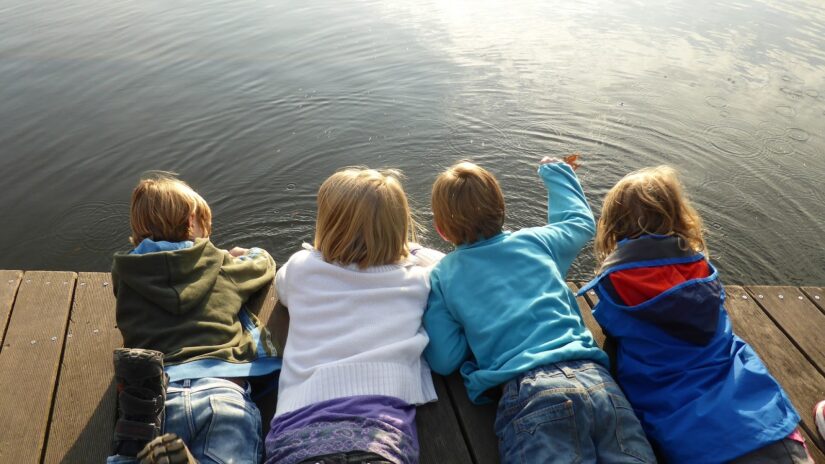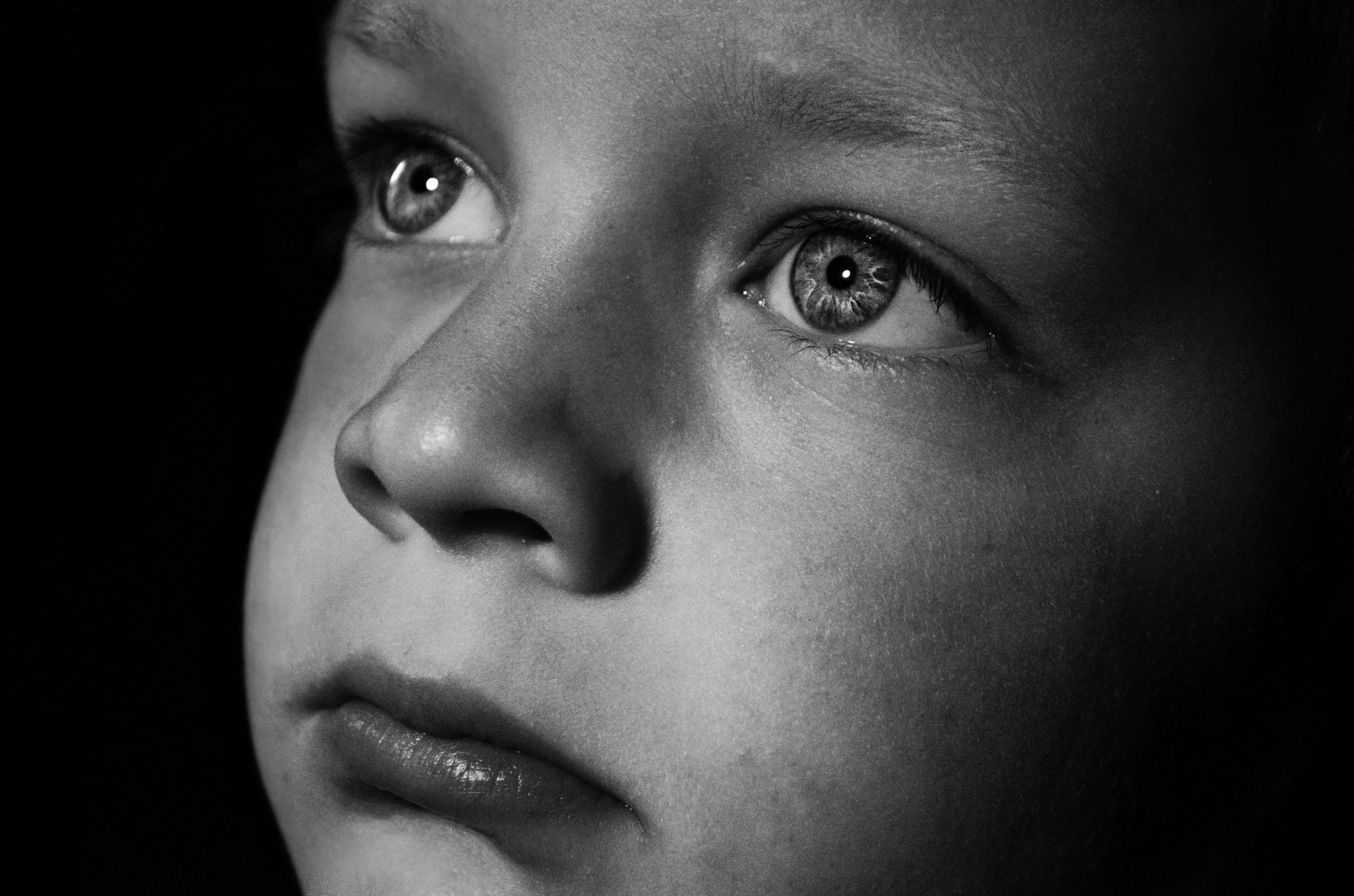Maybe you have heard about theme-based learning before. Maybe you have not.

Regardless, I think it is a pedagogical approach that needs to play an important role in education.
What is theme-based learning?
First, let me clarify what theme-based learning means.
The idea of theme-based learning is to create learning environments where learning happens more organic. This is often done by introducing the subject matter in the form of concrete phenomena.
In this way, the students gain an understanding of how the different matters connect and appear in real-world settings.
Often, this also involves blending together different subject areas.
Theme-based learning is therefore different from how we organize education today.
This article provides a very nice introductory understanding of the matter.
Many alternative school systems, such as Montessori and Waldorf schools, already use this approach. It is deeply embedded in their core pedagogical principles.
Even some countries, like Finland, are launching efforts to promote theme-based learning.
An Example of Theme-Based Learning
I once designed a program for a class of mine, which I called the “World Class”.
The idea was to study a continent or a country in detail every month. My students learned about geography, customs, literature, art, society, and history.
We also studied each region through the lens of Climate Change. For instance by investigating how ecosystems would be affected by a changing climate.
The lessons content was related to the region in almost all school subjects.
At the same time, my students got a more comprehensive view of our planet and its inhabitants.
Why theme-based learning makes sense
We tend to construct neat boxes to compartmentalize our perception and understanding. But these boxes rarely reflect the real world.
Take a look at a typical backyard garden, for example. You will notice that there is an intricate ecosystem. Every living organism and plant is dependent on and interacting with each other. Every plant, insect, bacteria, fungus, or predator has a place in this ecosystem.
That ecosystem is part of the much larger ecosystem. We call this ecosystem planet earth. This ecosystem is governed by what is going on in its atmosphere. And the atmosphere Interacts with the rest of our universe. You get the point.
When we put things into boxes we can examine something in detail.
But we risk failing to understand the whole.
When it comes to Climate Change, I recommend reading this piece by the Guardian.
We Need Not Only Know But Also Understand Our World
There is a fundamental difference between knowing and understanding something.
Our children need the skills to become capable agents in the world. They need to build their own future. And that of our planet.
Therefore it is vital for us to strive for this goal. That our students move from knowing to understanding.
Our world is changing faster than ever before.
Our world is changing faster than ever before. While I have been on this planet, many, things have changed. For better and for worse.
As a teacher, I cannot answer the question of what the future will hold for my students. Not even our most skilled scientists can.
Theme-Based Learning Trains Adaptability And Flexibility
Half of the knowledge and skills that my students learn today might be obsolete in twenty years. In the age of advanced AI technologies, this process will accelerate.
For perspective, I recommend reading Yuval Noah Harari’s book “21 lessons for the 21st century”.
The teacher is no longer the one who knows and can show the students everything there is to know about the world.
Those days are long gone.
Therefore, the the most important skill set for students to learn is one flexibilit and adaptability. And they need to be ready to cintunue learning throughout life.
So they must not only learn how to acquire new knowledge. They must also learn how to put knowledge into new contexts.
A Theme-based approach to learning is not only useful and relevant but also a necessity in the 21st-century.
The roots of our compartmentalized education
How did we end up with our subject divisions?
Our current education system has its roots in the industrial revolution.
This revolution was spurred by a progressive development of science, which we now call the scientific revolution.
Scholars during this period developed many advanced analytic and scientific methods. One common view among scholars was that we need to break things down into small components to understand something.
This gave us many great inventions and discoveries. But viewing the world like this also has its limitations.
Nonetheless, this worldview is still with us today. It forms the basis of our compartmentalized education system.
The industrial revolution also created an enormous demand for trained laborers.
The factories at the time needed workers, that all received the same skills. Among those skills were precision, obedience and punctuality.
In order to meet this demand, we created the first public school systems for the masses.
Dr. Ulcca Joshi Hansen has elaborated on the roots of our education system in a very good and comprehensive way in her book “The Future of Smart”
Compartmentalization No Longer Serves Our Needs
Humanity has come a long way since those early days of the industrial revolution.
Our education systems no doubt have given us many benefits. But it is time for them to change.
Our society has transformed massively. Just the past 30 years and we saw a massive transformation.
Humanity is facing many complex problems. Climate change, accelerated AI development, global pandemics. And that is just the tip of the iceberg.
All of these problems require a much deeper understanding of the world. Not only of the individual phenomena but also about how they work and interact with each other.
What is really needed is a transformation of our education from scratch. Until then we need to do what we can to push that transformation forward in our classrooms and schools. Wherever we are.
Start Where You Are. Use What You Have. Do What You Can
Sometimes we just need to get moving. We can introduce more project-based learning in our classes today.
- If you are a math teacher, apply math in the real world as much as possible. Plan a renovation of your own classroom with the students. Make budgets and plan for common highlights and events.
- In literature, use articles on climate change. Read novels on big issues. Or meet people who work with literature for a living. Find talented poets or storytellers in your neighborhood. Invite them or arrange a visit.
- You can also use classic fairytales, such as H.C. Andersen’s “The nightingale”. Use these as a launchpad for a debate about how humans relate to the natural world
- In Science, go out where you can. See where the science you learn about is being applied. Visit your local water purification plant. Analyze the water in your local lake or river. Try and track what happens with the waste your school produces. And then try and develop how your waste management can be improved.
- You can also agree on project days/weeks with other subject teachers. Design the program together. Here is an example.
We need all the good examples. If you are a teacher who already designed some good project-based lessons, do not hesitate to share with others for inspiration. I am happy to make space available on this blog for this purpose.
Note: This post contains affiliate links to Amazon for the books I recommend in this article. This means I get paid a small commission if you choose to follow the link and make a purchase.




